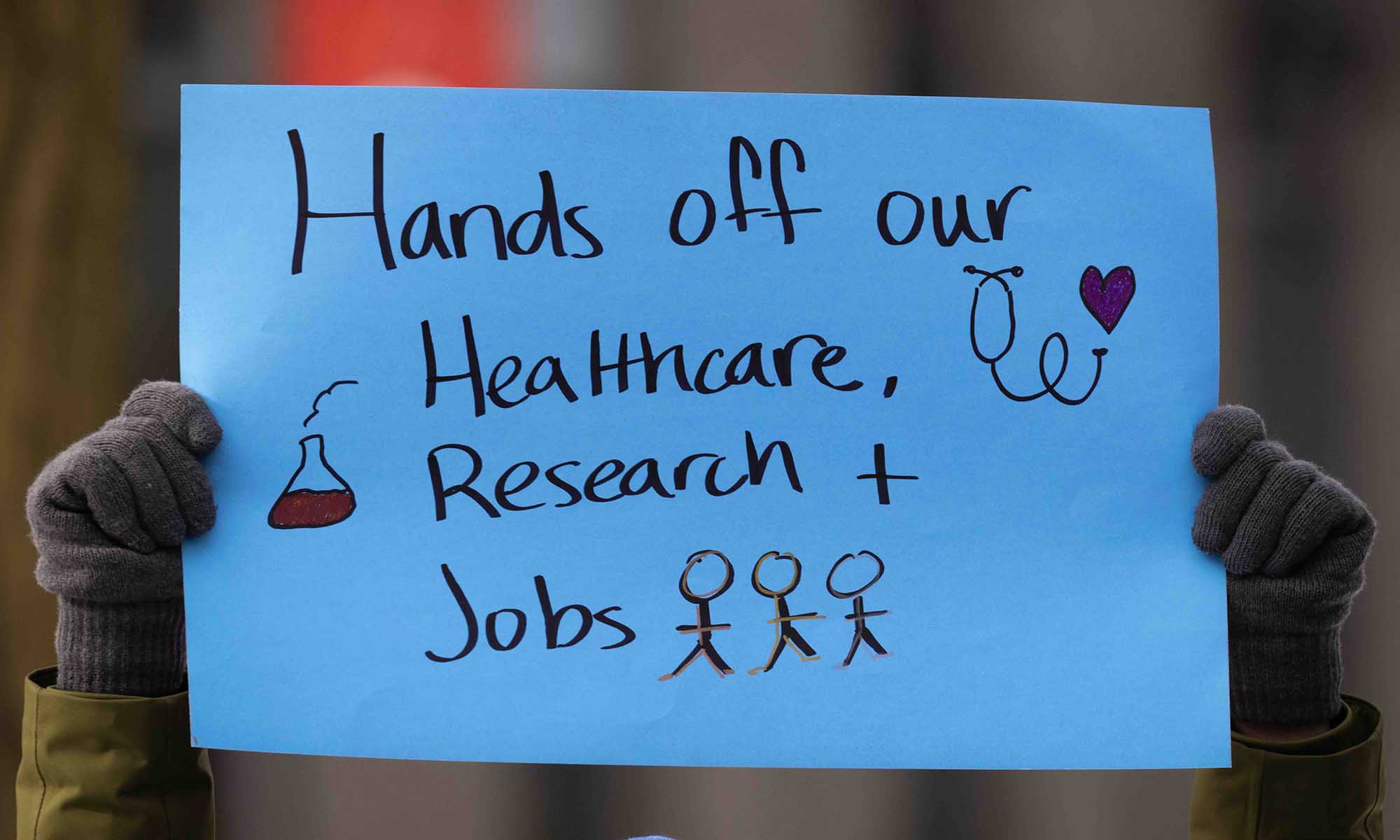Scholars in the humanities and social sciences will study human migration as part of a ‘temporary research center’ supported by a Mellon Sawyer Seminar grant.
What is migration? Why do people migrate?
“Migration is a fundamental part of life. People move to adapt to changing circumstances, sometimes by choice and sometimes by necessity,” says Daniel Reichman, an associate professor of anthropology at the University of Rochester and an expert on migration who has consulted on Central American immigration for the United Nations and other institutions.
Human migration can occur within or across national borders. “It involves many dimensions of the human experience—from family to politics, economics to identity,” according to Reichman. In other words, people may migrate for a number of reasons, such as:
- The search for a better life or greater opportunities
- Work and economic prospects
- Violence, war, or genocide
- Discrimination, including racism, sexism, or religious persecution
- Political instability, government pressure, or settler colonialism
- Social, cultural, or kinship reasons
- Climate change or natural disasters
This story was originally published October 16, 2020. It has been updated with details about the events and participants.
The Andrew W. Mellon Foundation has awarded the University of Rochester one of its prestigious grants for a Sawyer Seminar on the Comparative Study of Cultures, to support the project “Unbordering Migration in the Americas: Causes, Experiences, Identities.”
The interdisciplinary seminar series will explore neglected but vital aspects of human migration in the Western hemisphere, considering the political, social, and economic circumstances of migration to and within the Americas over time.
Beginning in September, the project will feature public lectures, biweekly seminars, monthly workshops, film screenings, and an art exhibition—all of which are free and open to the public. Featured speakers include:
- Serena Parekh, Northeastern University philosopher and author of No Refuge: Ethics and the Global Refugee Crisis (2020)
- Alex Aleinikoff, former UN deputy high commissioner for refugees
- Douglass Massey, Princeton University professor and author of American Apartheid (1993)
- David Chang, University of Minnesota historian and author of The World and All the Things Upon It: Native Hawaiian Geographies of Exploration (2016)
- Sarah Fine, King’s College London political philosopher and coauthor of Migration in Political Theory: The Ethics of Movement and Membership (2016)
Human migration from multiple perspectives
Migration is a topic of vital, current importance.
Politicians debate border laws and the criminalization of immigration. Violence and discrimination impel and inhibit the movement of people from country to country. Accumulating effects of climate change, combined with other factors, drive migration at an enormous scale from places like El Salvador, Guatemala, and Honduras. And the COVID-19 pandemic—with closed borders, restricted movement of people, heightened xenophobia, and the perilous conditions of detention facilities—only adds to society’s need to grapple with the issues raised by human migration.
The Sawyer Seminar aims to bridge humanistic and social scientific inquiry into migration in an effort to bring a more nuanced understanding of migration to bear on conceptions of justice.
The principal investigators for the grant are Joan Shelley Rubin, the Dexter Perkins Professor in History and the Ani and Mark Gabrellian Director of the Humanities Center; Daniel Reichman, an associate professor of anthropology and former chair of that department; and Ruben Flores, an associate professor of history.
Established by the Mellon Foundation in 1994 to provide support for comparative research on the historical and cultural sources of contemporary developments, Sawyer Seminars engage scholars in forms of inquiry across disciplines. Such work is typically difficult to pursue because of institutional and field-based bounds of study. The Mellon Foundation calls the seminars temporary research centers, in effect.
Migration, justice, and local knowledge
The Rochester metropolitan area is home to one of the largest per-capita refugee populations in the United States, and one component of the project is to bring together Rochester-area scholars with community leaders to investigate migration and justice in the region.
“Justice for migrants is a matter of immense urgency in these circumstances, but securing justice in this arena is no simple matter,” the research team wrote in applying for support. “We cannot tackle these developments as scholars and citizens without a set of sustained, interdisciplinary conversations about their origins, contemporary shape, and implications for the future.”
The Sawyer Seminar will connect University of Rochester scholars with experts from neighboring institutions, including Rochester Institute of Technology, SUNY Brockport, and Monroe Community College, as well as the Ganondagan State Historic Site and other local organizations. The grant also provides support for postdoctoral fellow Daniel Lee McDonald—a historian who specializes in Brazil and Latin America and focuses on issues of rights, migration, health social welfare, and gender—as well as for the research of two graduate students: Ouma Amadou in visual and cultural studies and Ande Shen in economics.
Other project organizers—all of whom are Rochester faculty members—are Molly Ball, lecturer in history; Travis Baseler, an assistant professor of economics; Randall Curren, a professor of philosophy and chair of his department; Matthew Omelsky, an assistant professor of English; Pablo Miguel Sierra Silva, an associate professor of history; Rosa Terlazzo, an associate professor of philosophy; and Brianna Theobald, an assistant professor of history.
The University’s Humanities Center is the home base for the seminar.

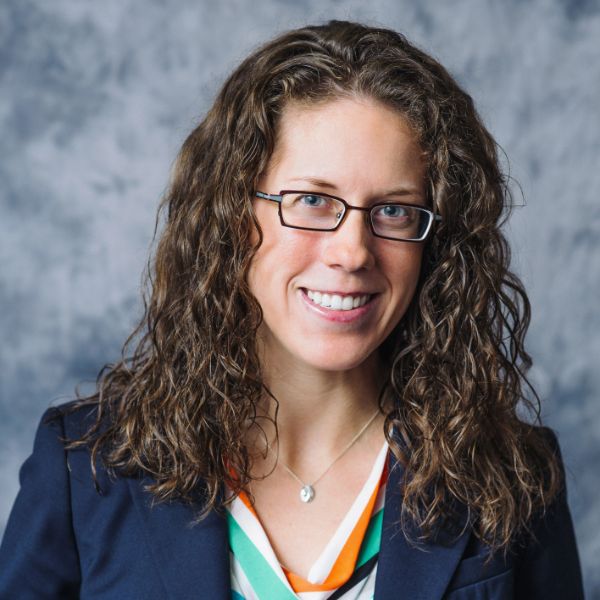
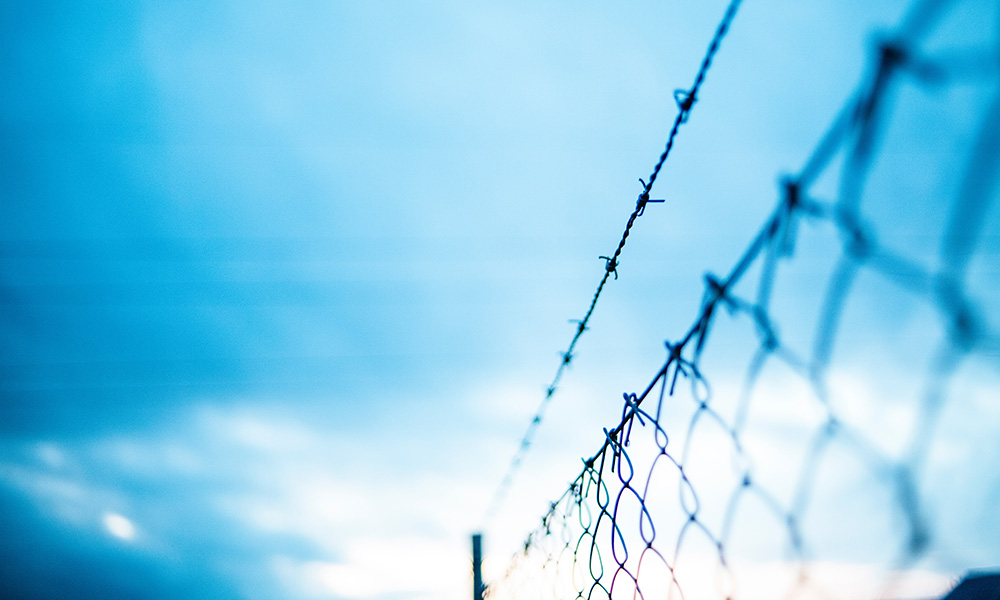
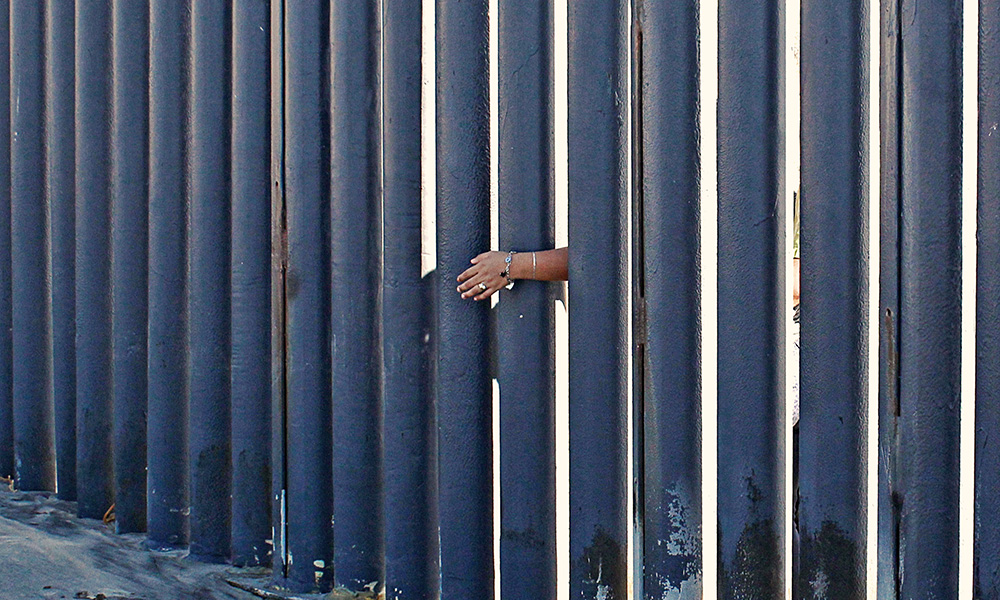 Crisis at the border? Anthropologist looks at Central American migration
Crisis at the border? Anthropologist looks at Central American migration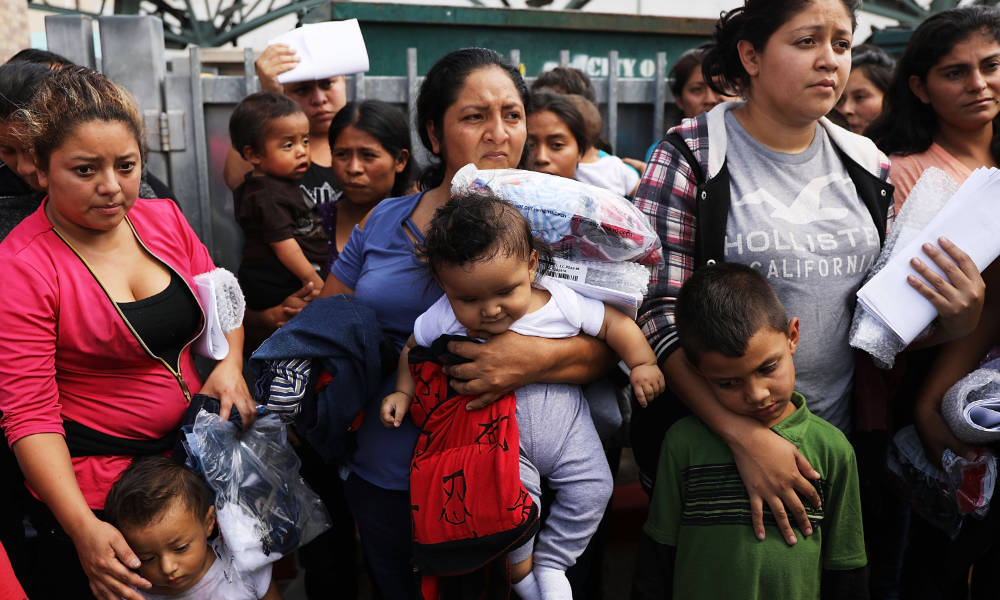 Detained migrants susceptible to a range of reproductive abuses and medical neglect
Detained migrants susceptible to a range of reproductive abuses and medical neglect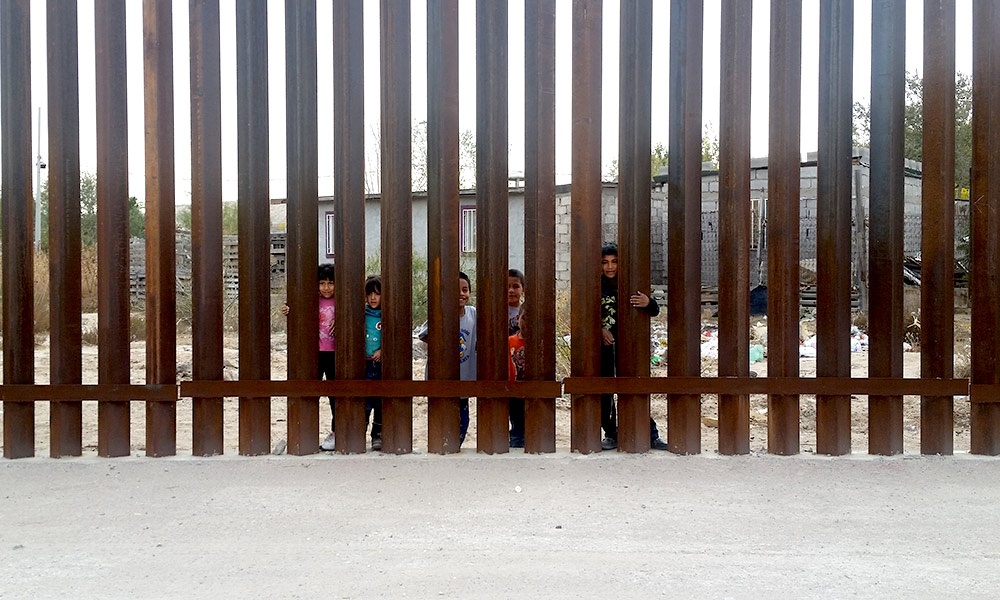 How can understanding stories help in the American border crisis?
How can understanding stories help in the American border crisis?